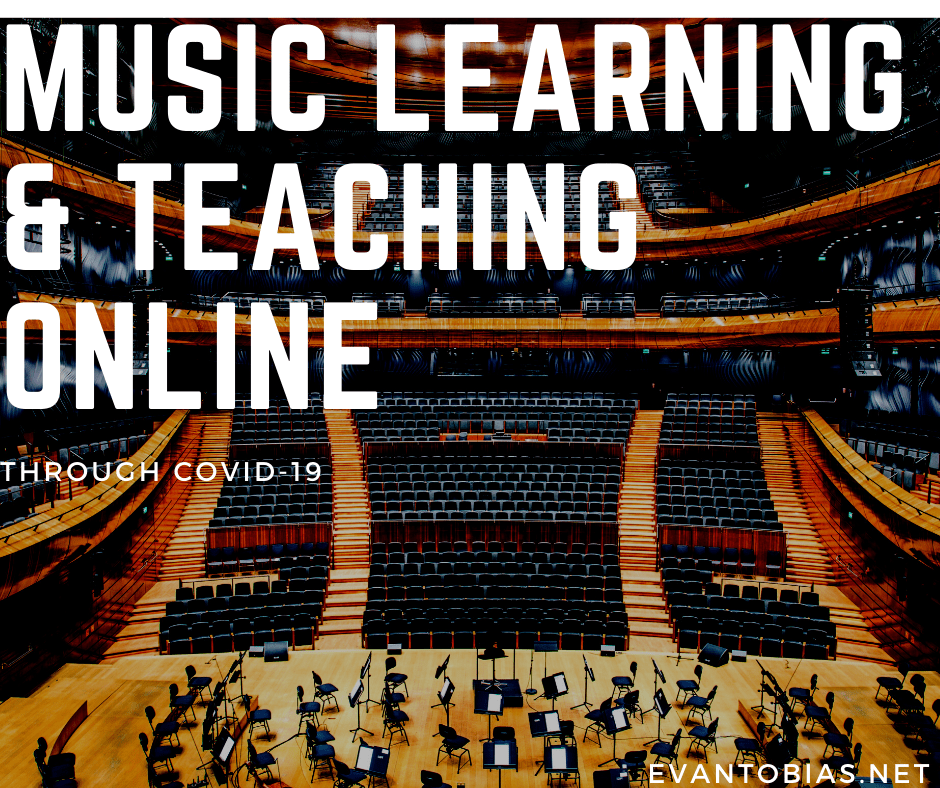Transforming Music Learning

Transforming music learning is an important aspect of teaching, and it can take many forms. One way to do this is by incorporating technology into the classroom. Another is by allowing students to experience the emotional side of music.
Teaching must help the student manage their memory
For a student in a state of high alert, a good memory retention policy can be a godsend. One such scheme is to provide a variety of small, low-cost and low-impact rewards to a limited number of students. The most common reward of this nature is a new set of musical instruments. This rewards system can be used to improve student motivation, engagement, and performance. As a result, many students are able to attain the highest levels of musical competency. While a new set of instruments is a good start, a few lessons can be learned in the process. To name a few, a lesson in snobbery should be avoided.
Developing the learning processes in the students
One of the most important goals of music education is to develop the learning processes in the students. Students learn in different ways, and different approaches may help them achieve their individual goals. The right approach should depend on the level of achievement and the specific needs of each student.
There are many different types of teaching. Some methods involve working with traditional cultural devices. Other methods focus on students' intuitive musicality. While some students may use these methods successfully, others may not.
When students are faced with the task of interpreting a piece of music, they will require help in identifying musical concepts. This is often done through the use of memory aids. Teachers are required to make sure that students use these tools effectively and in the most optimal manner.
Stage fright
Stage fright is a form of performance anxiety that affects musicians, actors, and public speakers. Performance anxiety is a fear of performing in front of an audience, whether it be a formal performance or an audition. Performing with performance anxiety is difficult, and often causes the artist to miss a note or forget a word.
There are many ways to deal with stage fright. One way is to practice relaxation techniques before each performance. It's important to stay healthy and get plenty of rest, as well. You'll also need to connect with your audience.
Another technique is cognitive behavioral therapy. This type of therapy is designed to help you break the negative inner talk that leads to stage fright. The therapy works by confronting your memories, and it also helps you avoid revisiting an "activating event" in your life.
Emotions are central in the drive to learning
The emotional power of music has gained increasing attention from psychology researchers. Music elicits a wide range of affective states. These emotions influence learning and decision making. In addition, they can be leveraged to promote student engagement and success.
Emotions are essential to learning. They enable students to understand themselves and others, and facilitate the ability to persist through challenges. Some emotions are positive, while others are negative. Educators can use these emotions to enhance their teaching practices.
Emotions are complex. Some emotions may be too difficult for students to articulate. Therefore, teachers need to create opportunities for students to identify and name their feelings. Using an emotion spinner, an open-ended question, or other method of identifying feelings can help students understand their feelings. Afterward, the students can discuss the connections between their feelings and behavior.
ICT can transform music learning
A flurry of studies have been conducted to determine the impact of ICT on music learning. These studies uncovered multiple benefits of new technologies in musical education. However, there are some limitations to ICT use in the classroom. Teachers are often reluctant to bring technology into the classroom. This article discusses some of the challenges associated with using technology in music education. It suggests adopting some of the more creative teaching strategies and rethinking how music is taught.
The first step to integrating new technologies into the curriculum is to become more aware of the multidisciplinary space in which digital native learners operate. Music educators must understand this space, and develop a strategy to draw closer connections between school music and the learner's daily musical-technological experiences.
As a part of the study, teachers completed a Likert-type questionnaire to describe their ICT activities. Some of the activities included editing scores, interacting with multimedia, and manipulating sound by computer. Various types of assessment were also described.
